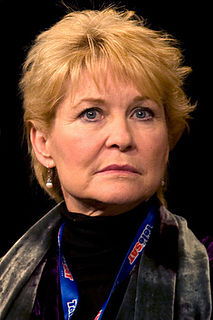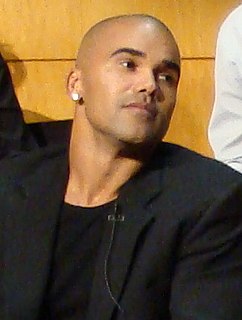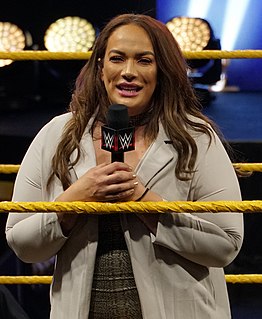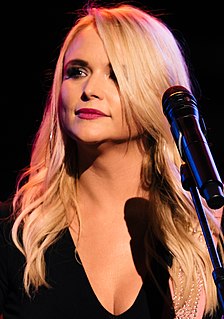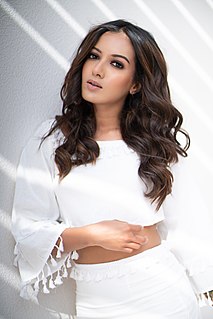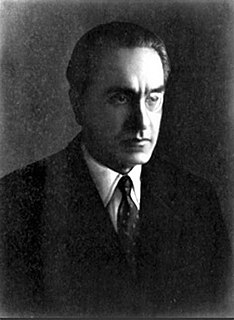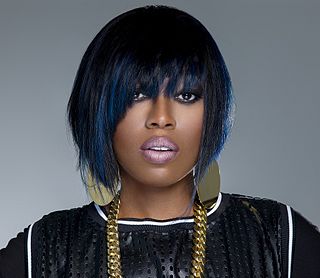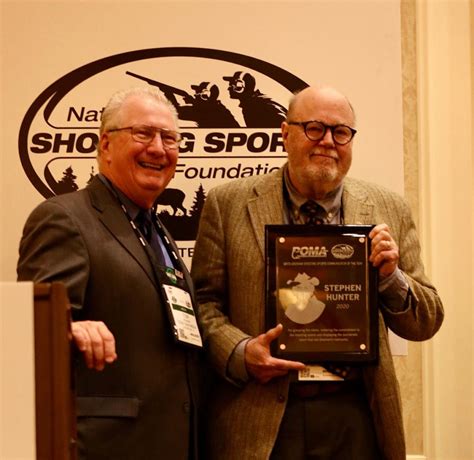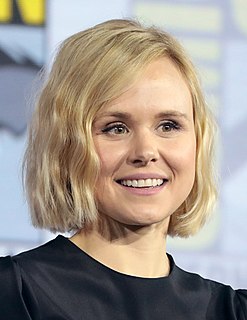A Quote by Dee Wallace
The essence of my work, and of me, is the softer side of a strong woman, and that goes into a number of different roles.
Related Quotes
I preferred that option, where my camera (and by proxy, me) could look them straight in the eye. The way they reacted to me was always interesting. Sometimes hard young men would reveal vulnerability and a softer side. In the case of teenage girls, I often got a fascinating glimpse of the woman inside.
The entrance of the woman with equal rights into practical modern life, her new freedom, her finding herself side by side with men in the streets, offices, professions, factories, sports, and now even in political and military life, is one of those dissolutive phenomena in which, in most cases, it is difficult to perceive anything positive. In essence, all this is simply the renunciation of the woman's right to be a woman.
A strong woman is a woman who craves love like oxygen or she turns blue choking. A strong woman is a woman who loves strongly and weeps strongly and is strongly terrified and has strong needs. A strong woman is strong in words, in action, in connection, in feeling; she is not strong as a stone but as a wolf suckling her young. Strength is not in her, but she enacts it as the wind fills a sail.
If you just look at the number of roles for women versus the number of roles for men in any given film, there are always far more roles for men. That's always been true. When I went to college, I went to Julliard. At that time - and I don't know if this is still true - they always selected fewer women than men for the program, because there were so few roles for women in plays. That was sort of acknowledgment for me of the fact that writers write more roles for men than they do for women.
What I love in a woman is not what she is in and for herself, but the side of herself she turns towards me, what she is for me. I love her as character in our common love story. what wuld Hamlet be without the castle at Elsinore, without Ophelia, without all the concrete situations he goes through, what would he be without the text of his part? What would be left but an empty, dumb, illusory essence?
I try not to let the material aspects of different cultures distract me from getting to the essence of the person I'm photographing. Whether it's a man or a woman. Wherever they're from, I try not to let social status or cultural background affect me or affect the person. I strip all those things away to get down to the essence of the human being, the person.
We're in crisis mode as black actresses. It's not only in the sheer number of roles that are offered and that are out there, but the quality of the roles. The quality - and therein lies the problem. We're in deprivation mode because me, Alfre and Phylicia, we're in the same category. Whereas if you take a Caucasian actress, you have the one who are the teens, in their 20s, 30s, 40s, 50s - they're all different. There are roles for each of them. But you only have two or three categories for black actresses.
